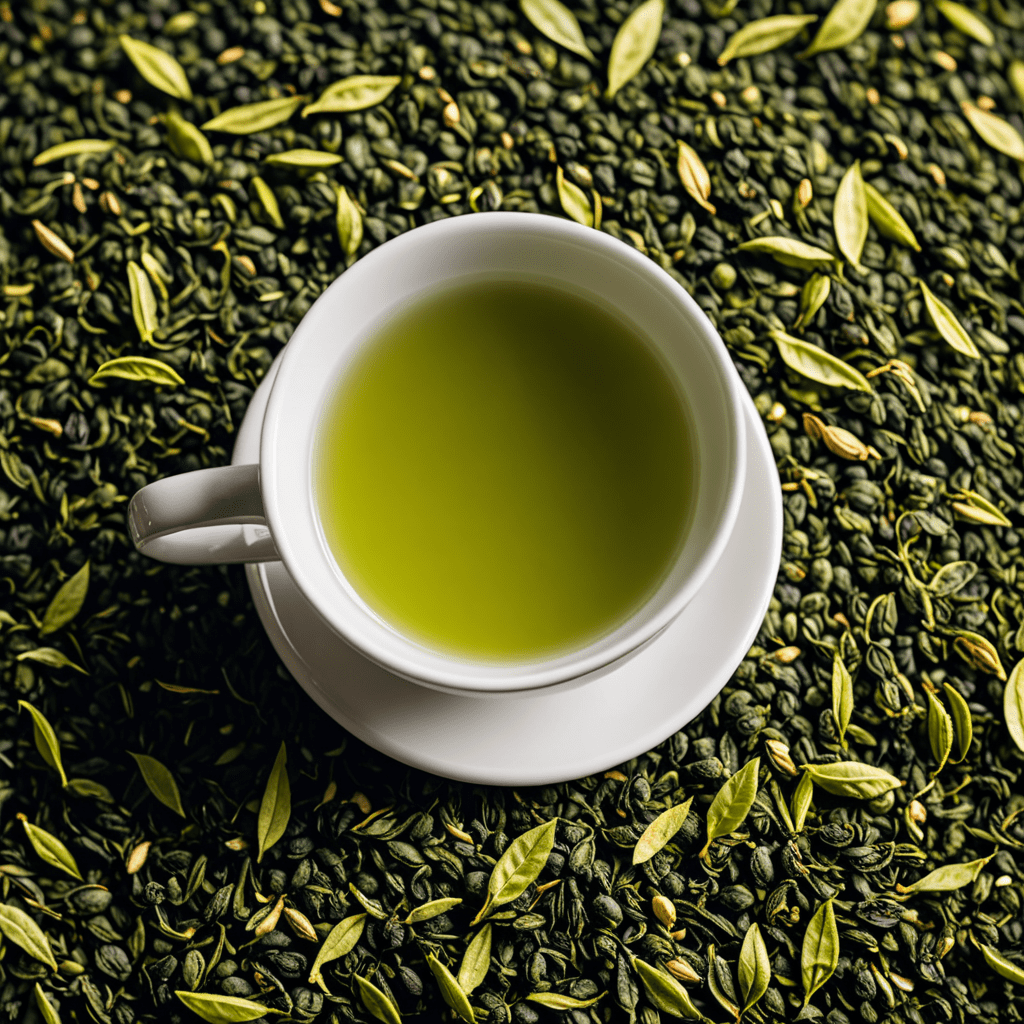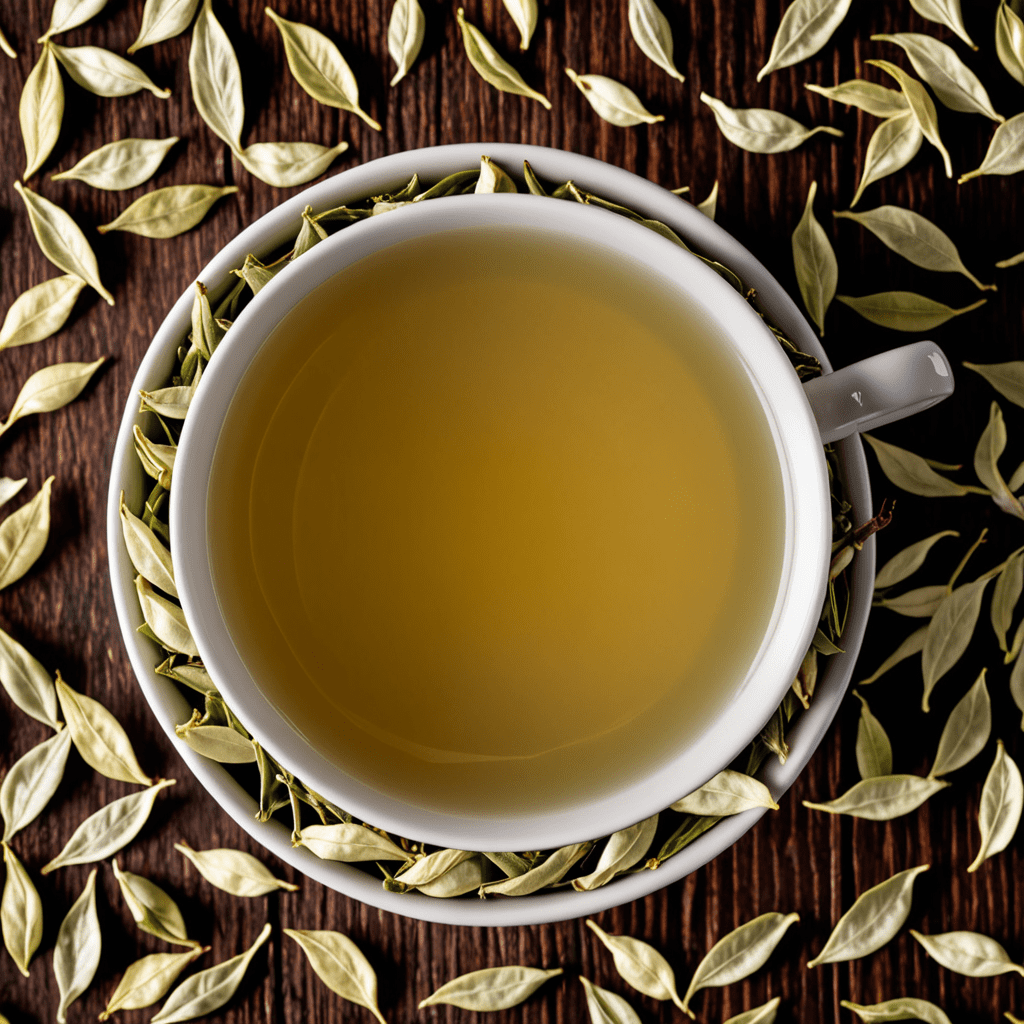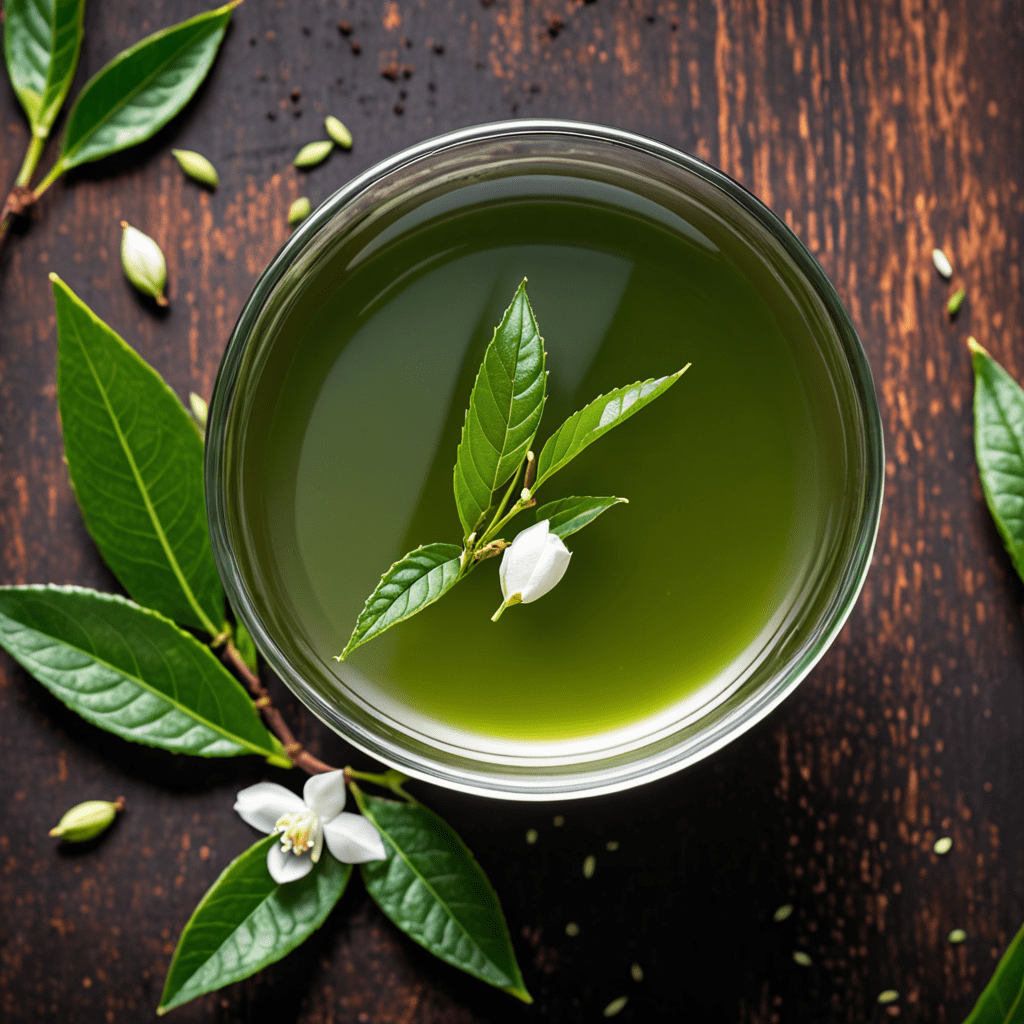
The Ultimate Guide to Finding Your Ideal Green Tea
Understanding the Different Types of Green Tea
Green tea comes in various types, each with its own unique qualities and flavors. From delicate and floral to bold and robust, understanding the differences between types of green tea can help you find your ideal brew.
Sencha: The Everyday Green Tea
Known for its grassy and slightly sweet flavor, Sencha is the most popular and widely consumed type of green tea in Japan. Its refreshing taste and vibrant green color make it an excellent choice for daily enjoyment.
Matcha: The Rich and Vibrant Tea
Matcha is a finely ground powder of specially grown and processed green tea leaves. It offers a bold, earthy flavor and a rich, vibrant green color. Due to its unique preparation method, matcha provides a concentrated dose of antioxidants and a distinct ceremonial drinking experience.
Genmaicha: The Toasted Rice Green Tea
Genmaicha combines green tea with roasted brown rice, resulting in a nutty and slightly savory flavor profile. This type of green tea is known for its mild, comforting taste and is often enjoyed as a relaxing, everyday brew.
Gyokuro: The Shade-Grown Green Tea
Gyokuro is a premium green tea that undergoes a unique shading process before harvesting, resulting in a deep, sweet flavor and a rich, smooth texture. Its luxurious taste and vibrant green infusion make it a sought-after choice for those looking for a refined green tea experience.
Finding Your Ideal Green Tea
When it comes to choosing the best type of green tea for your preferences, consider factors such as flavor profile, caffeine content, and brewing method. Experimenting with different types of green tea can help you discover the perfect brew that suits your taste and lifestyle.
Health Benefits of Green Tea
Green tea is renowned for its potential health benefits, including antioxidant properties, metabolism support, and potential cardiovascular advantages. However, it’s essential to note that individual responses to green tea can vary, and it’s always best to consult with a healthcare professional for personalized advice.
Choosing Quality Green Tea
To ensure that you’re getting the best possible green tea, look for reputable sources that offer high-quality, loose-leaf options. Pay attention to factors such as growing regions, harvesting methods, and overall freshness to make an informed decision when selecting your green tea.
FAQ
Q: Is green tea caffeinated?
A: Yes, green tea naturally contains caffeine, although the exact amount can vary depending on factors such as the type of green tea and brewing techniques. If you’re sensitive to caffeine, considering opting for decaffeinated green tea options.
Q: How should I store green tea?
A: To maintain the freshness and flavor of green tea, store it in an airtight container away from light, heat, and moisture. This helps preserve the delicate qualities of the tea leaves for optimal enjoyment.


